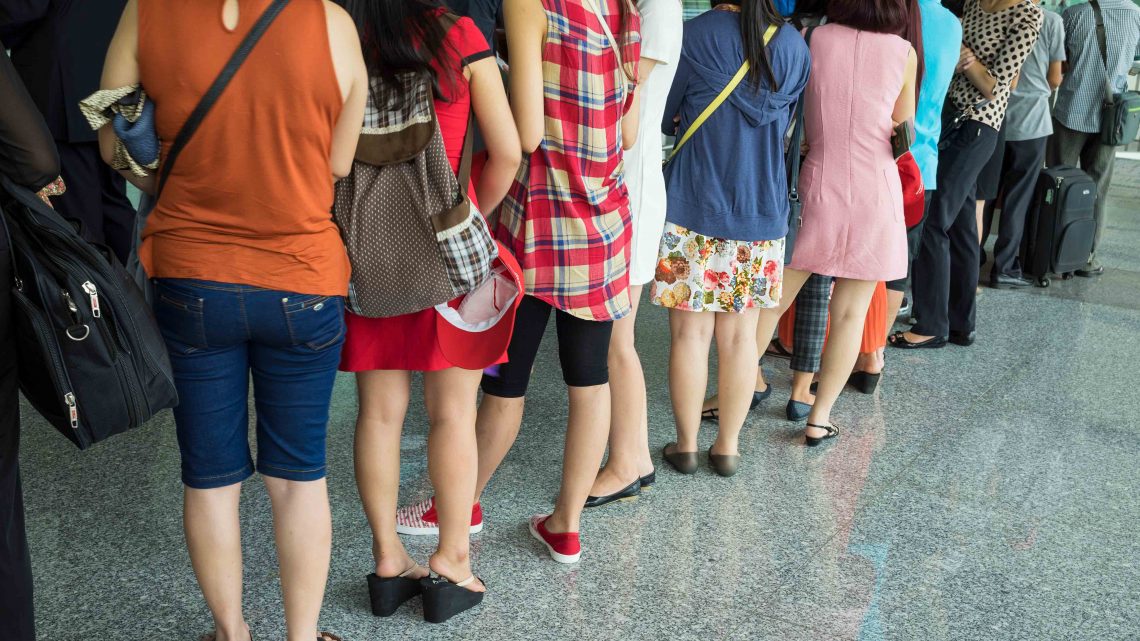One of the main barriers that prevents young people from studying and improving their employment status is the lack of economic resources.
As of June 2022, 18.5%* of young Ecuadorians between the ages of 15 and 24 neither study nor work, which places them within the so-called ‘ninis.’
While the number of ninis has decreased slightly in the last year—according to the National Institute of Statistics and Censuses (INEC), compared to June 2021, the percentage of ninis fell by 0.6 percentage points—the percentage of ninis in June 2022 is still high, compared to 17% in June 2019, the year the Covid-19 pre-pandemic began.
Lack of resources a barrier
According to INEC, 30% of ninis do not study due to lack of financial resources at home.
This situation explains why only 10% of ninis have university studies, says Juan Javier Jarrín, Director of Research at the Intelligence Business consultancy.
Despite these circumstances, 80% of ninis are interested in studying, which should encourage the State to promote greater access for the academic preparation of this population, adds Jarrín.
“When you don’t train the new generations, the consequences for a country are dramatic. If fewer people have access to a job, the number of households that do not have the possibility of covering the most basic needs increases,” insists Jarrín.
Adverse scenario for women
The highest rate of ninis is among women; 26.5% of Ecuadorians between the ages of 15 and 24 neither study nor work, men only account for 11.2% of that figure.
Jarrín says this is because many women must dedicate a large part of their time to taking care of their children and the home. The cultural assignment of these roles reduces opportunities for personal and professional growth for women.
Another problem is early or adolescent pregnancy, which generates desertion from the educational system, adds Jarrín.
In addition, 58% of ninis say that they do not work because they do not have time. This is likely because this population must take care of children, grandparents or perform household chores.
More migration and crime
“The fact that young people can’t find job opportunities has serious impacts on a society,” says Andrés Robalino, president of the Corporación Formados initiative, a private sector organization that seeks to reduce the percentage of ninis and, in general, of young people in unemployment.
“The lack of youth employment generates migration. The only option for these young people is to leave the country. In addition, it is the breeding ground for illegal activities, such as drug trafficking,” explains Robalino.
Meanwhile, the struggle between the Executive and the Legislative have delayed a labor reform to generate more employment.
“Ecuadorians should establish a minimum consensus on those labor changes that are needed and propose them in a popular consultation,” says the director of Business Intelligence Research.
Addressing the problems experienced by young people does not only involve a structural labor reform.
The work demands educational changes that provide more space for the training of young people, says Robalino.
Industry taking a different approach
A group of industries is already marking a change. For example, the Formados Corporation, launched in 2018, promotes dual education.
Dual education implies the academic training of young people in careers available according to the needs of the industries, combined with internships in companies.
The Corporation provides scholarships for up to 50% of the cost of tuition to low-income youth. The program has 608 students in training, 11 in higher education institutions and 190 linked up with business tutors.
* With a percentage of 23.4%, Guayaquil is the city with the highest number of ninis.


0 Comments